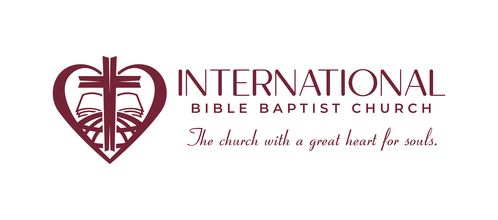Preach the Gospel to the Poor
Luke 4:18-19 - “The Spirit of the Lord is upon me because he hath anointed me to preach the gospel to the poor; he hath sent me to heal the brokenhearted, to preach deliverance to the captives, and recovering of sight to the blind, to set at liberty them that are bruised, [19] To preach the acceptable year of the Lord.”
The first mandate mentioned in Luke 4:18 is “Preach the Gospel to the Poor.” This is the first mentioned because it is the most basic and the most needed to have a personal relationship with God.
Jesus Christ launched His public ministry by preaching from the words of Isaiah, applying to Himself. He declared during the start of His ministry, “And he began to say unto them, This day is this scripture fulfilled in your ears.” (Luke 4:21), identifying Himself as the Savior and the Servant to proclaim the gospel to the poor.
The Greek word describing this is “euangelizomai.” The authors of the New Testament assign this word specifically to the preaching of the Gospel (Evangelion). It means preaching God’s message of redemption to the lost through the death and resurrection of His Son, Jesus Christ. From this word, we get the word today as “evangelize.” We evangelize when we preach the message of salvation, that the kingdom of God has come to earth in the person of God’s Son, who, through Him, the forgiveness of sins and the gift of eternal life is available to those who believe.
In the Old Testament, “the poor” were those without inheritance and of low social status. They were financially impoverished, oppressed, and needy. The poor were helpless and only dependent on wealthy and influential people. These ideas of “the poor” continue into the New Testament; the people living in poverty and the humble who live a simple life are “the poor.”
In the Sermon on the Mount, the Beatitudes, the Lord starts with, “Blessed be ye poor: for yours is the kingdom of God.” (Luke 6:20)
The “Blessed are the poor in spirit: for theirs is the kingdom of heaven.” (Matthew 5:3) are people who admit to their spiritual poverty and realize their desperate need for God. They turn to Him to receive the greatest blessings God graciously offers through faith in Jesus Christ.
The apostle Paul explains Christ’s unconditional love to the poor He came to save: “For ye know the grace of our Lord Jesus Christ, that, though he was rich, yet for your sakes he became poor, that ye through his poverty might be rich.”(2 Corinthians 8:9)
The primary purpose of Christ’s ministry was to preach the gospel of salvation to the poor. He is the only Savior who alone meets the needs of people experiencing poverty, materially and spiritually. His love for the poor must be expressed through us.
Conclusion:
Today, being poor is not as defined as in the past. We have many “poor” people who are financially wealthy, but they are void of joy and contentment. They are impoverished when it comes to the knowledge of God. They remain poor, for they think their wealth and fame are the ones giving them riches. They also need the gospel as much as those financially impoverished. This mandate is first and foremost. But this is not the only mandate we must fulfill.
